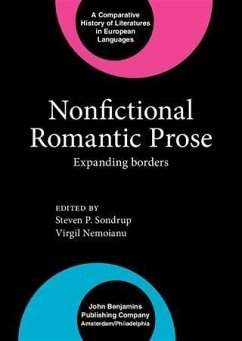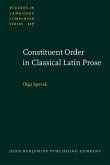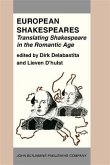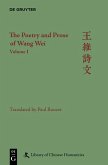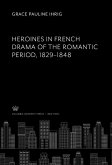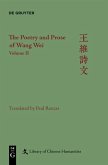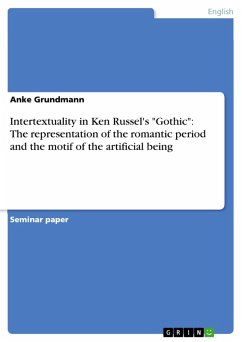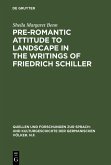Nonfictional Romantic Prose: Expanding Borders surveys a broad range of expository, polemical, and analytical literary forms that came into prominence during the last two decades of the eighteenth century and the first half of the nineteenth. They stand in contrast to better-known romantic fiction in that they endeavor to address the world of daily, empirical experience rather than that of more explicitly self-referential, fanciful creation. Among them are genres that have since the nineteenth century come to characterize many aspects of modern life like the periodical or the psychological case study; others flourished and enjoyed wide-spread popularity during the nineteenth century but are much less well-known today like the almanac and the diary. Travel narratives, pamphlets, religious and theological texts, familiar essays, autobiographies, literary-critical and philosophical studies, and discussions of the visual arts and music all had deep historical roots when appropriated by romantic writers but prospered in their hands and assumed distinctive contours indicative of the breadth of romantic thought.SPECIAL OFFER: 30% discount for a complete set order (5 vols.).The Romanticism series in the Comparative History of Literatures in European Languages is the result of a remarkable international collaboration. The editorial team coordinated the efforts of over 100 experts from more than two dozen countries to produce five independently conceived, yet interrelated volumes that show not only how Romanticism developed and spread in its principal European homelands and throughout the New World, but also the ways in which the affected literatures in reaction to Romanticism have redefined themselves on into Modernism. A glance at the index of each volume quickly reveals the extraordinary richness of the series' total contents. Romantic Irony sets the broader experimental parameters of comparison by concentrating on the myriad expressions of "e;irony"e; as one of the major impulses in the Romantic philosophical and artistic revolution, and by combining cross-cultural and interdisciplinary studies with special attention also to literatures in less widely diffused language streams. Romantic Drama traces creative innovations that deeply altered the understanding of genre at large, fed popular imagination through vehicles like the opera, and laid the foundations for a modernist theater of the absurd. Romantic Poetry demonstrates deep patterns and a sharing of crucial themes of the revolutionary age which underlie the lyrical expression that flourished in so many languages and environments. Nonfictional Romantic Prose assists us in coping with the vast array of writings from the personal and intimate sphere to modes of public discourse, including Romanticism's own self-commentary in theoretical statements on the arts, society, life, the sciences, and more. Nor are the discursive dimensions of imaginative literature neglected in the closing volume, Romantic Prose Fiction, where the basic Romantic themes and story types (the romance, novel, novella, short story, and other narrative forms) are considered throughout Europe and the New World. This enormous realm is seen not just in terms of Romantic theorizing, but in the light of the impact of Romantic ideas and narration on later generations. As an aid to readers, the introduction to Romantic Prose Fiction explains the relationships among the volumes in the series and carries a listing of their tables of contents in an appendix. No other series exists comparable to these volumes which treat the entirety of Romanticism as a cultural happening across the whole breadth of the "e;Old"e; and "e;New"e; Worlds and thus render a complex picture of European spiritual strivings in the late eighteenth and the nineteenth centuries, a heritage still very close to our age.
Dieser Download kann aus rechtlichen Gründen nur mit Rechnungsadresse in A, B, BG, CY, CZ, D, DK, EW, E, FIN, F, GR, HR, H, IRL, I, LT, L, LR, M, NL, PL, P, R, S, SLO, SK ausgeliefert werden.

